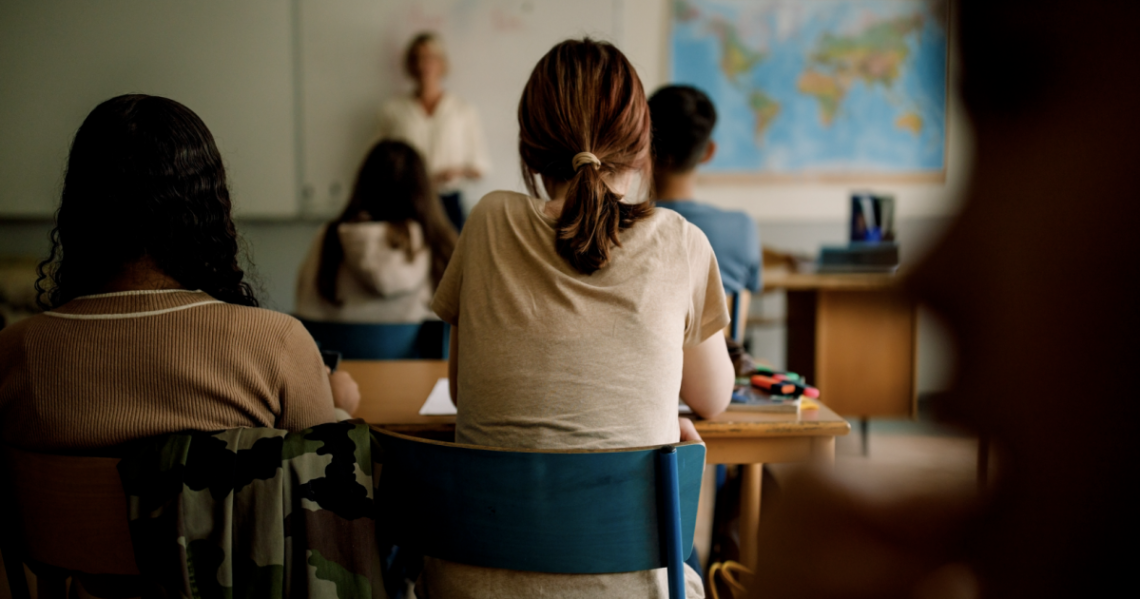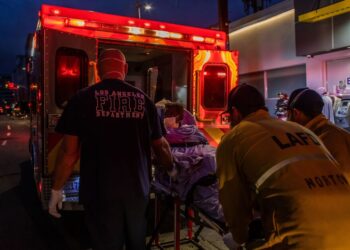Twenty-five years ago, as a young physical education teacher at Whaley Middle School in Compton, Craig Hardesty abruptly learned his limits. As a Black teacher, he hoped to make a difference with children like him. He often joked with Antwoine, a boy with a bright smile and easy going manner. One day he saw that Antwoine came to class with his chest puffed out and an intense edge to his smile. Hardesty asked him if something was wrong, and Antwoine told him he was upset after witnessing a family argument at home. Antwoine said he wanted to fight somebody.
Hardesty spoke to Antwoine soothingly, trying to calm him, but with 59 other students in the class, he had to begin roll call. As he called students’ names, Antwoine punched another child. Hardesty yelled at Antwoine, who backed down, then called for help. The assistant principal arrived, took Antwoine out of class and sent him home on suspension. Already managing large class sizes, Hardesty was not trained to address children dealing with severe stress outside of school.
“In retrospect, I should have known he wasn’t calm enough to sit down,” Hardesty says. “I would have kept him next to me.” Hardesty had to learn that on his own over the course of decades.
Now, the Office of the California Surgeon General wants to give teachers the tools to better support such students in need, because not helping these students can start a cascade of problems affecting their futures. Confronting “Adverse Childhood Experiences” — abuse, neglect and challenges such as domestic violence or substance abuse in the home — is a top priority. Those kinds of stressful events are a leading cause of…
Read the full article here







